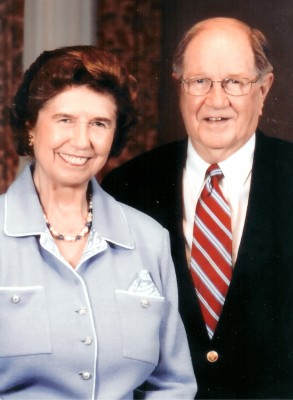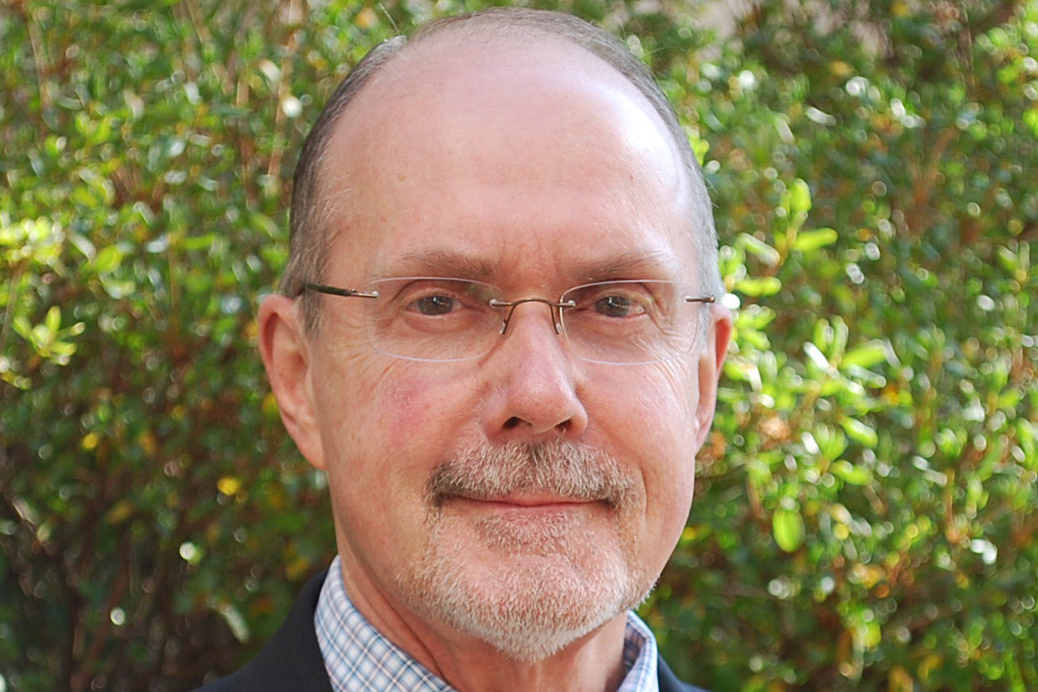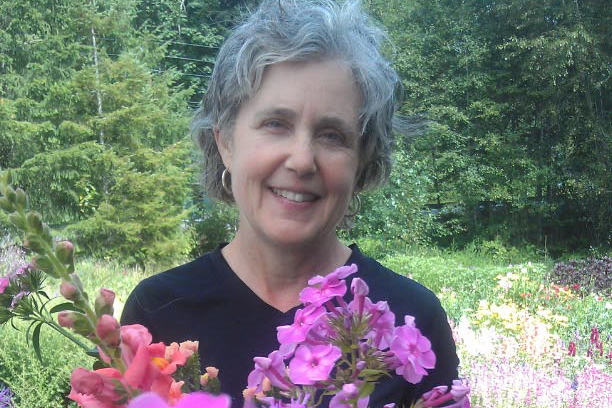Catharine Phelps Warmbrod ’51
Catharine Phelps Warmbrod ’51, an English major, found Cornell to be a good launching pad for further education and a lifetime career. She started her college career at Cornell, then completed her undergraduate degree in English and journalism at the University of Iowa. Her time at Cornell helped prepare her to write well and fostered her love of good literature. That’s one reason she has been a strong supporter of Cornell’s Center for the Literary Arts from the beginning.

Opened in 2012 in the former home of two beloved English professors—Winifred Van Etten ’25 and later, Stephen Lacey ’65—the fledging center strives to enrich the college community in similar fashion.
“I appreciate the foundation a liberal arts education gave me and the place writing has in it,” she said. “Good writing and the creative process can be important to students the rest of their lives.”
After graduate school at the University of Illinois in Champaign-Urbana, where she met her husband, J. Robert Warmbrod, this passion inspired on the Hilltop became the thread throughout a distinguished career spent teaching and in education research at Ohio State University.
Her position at a large educational research center at Ohio State required much writing in terms of research reports and educational materials, followed by articles for educational journals. Warmbrod said she found that being able to write well was central to her professional life.
Writing remained important to Warmbrod, even in retirement. She became an active volunteer in Columbus with the Thurber House, the former home of writer James Thurber. She explained, “The organization provides the community with literary events featuring nationally acclaimed, prize-winning authors reading from their latest books and speaking about their writing process.” Also important to Warmbrod is that Thurber House teaches writing classes for children and adults.
Warmbrod warmly recalls her days on The Cornellian, including an interview with May Sarton, a novelist and poet whose work was universally praised.



